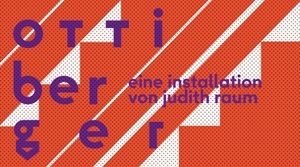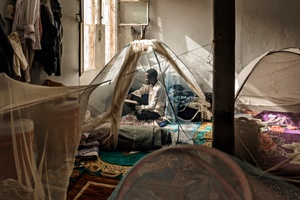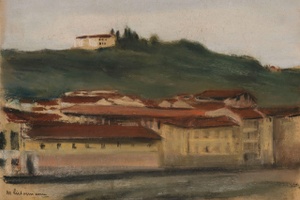Pitch Poetics: Die Moderation von Fußballspielen als Oraltur
In the organizer's words:
The stories of radio and sport have always been closely linked, especially since the beginning of real-time match broadcasts in the 1920s. This marked a move away from telephone reporting of results and opened up the possibility of reaching a wider audience by introducing regular listeners - especially soccer fans - to the sport through live coverage. Presenting soccer matches usually blurs the lines between entertainment and journalistic discourse, but some commentators have gone a step further and used literary narrative to add depth and poetry to their analysis and immortalize certain moments in soccer history. These commentators use language to vividly describe the continuous changes of the game, employing similar literary techniques - similar to orality - to create a dynamic and immersive experience that conveys the excitement, drama and nuance of the game.
In his essay 'The Poetry of Soccer Commentary', James Yékú laments the decline of the use of literary techniques in contemporary soccer match commentary and highlights what is made possible by this approach by commentators such as Ernest Okonkwo and Peter Drury. He writes:
While Nigeria's Okonkwo was famous for his penchant for naming players* according to their on-field attributes - for example, "slow poison" (Idowu Otubusen), "elastic" (Elahor), "the greatest" (Emmanuel Okala), "chairman" (Christian Chukwu), "caterpillar" (Kelechi Emetole) and "quicksilver" (Sylvanus Okpala) - Drury is the master of analogous nomenclatures. When Pep Guardiola once substituted Gabriel Jesus for David Silva in an EPL game, Drury said: "Jesus for Silva: a move Judas would be proud of." When Peter Czech saved a penalty from Gabriel Jesus in another game, he commented: "Yet again, Jesus is let down by Peter." Although he decidedly draws on Christian imagery and biblical stories to metaphorize the events on the pitch, it is the immediate relevance of these words to the design of the game that resonates with the fans.[1]
As part of Ballet of the Masses, Pitch Poetics: The Moderation of Football Matches as Oraltur is presented as a sound installation that uses archival recordings of soccer commentary as a starting point to explore the medium as a form of oraltur. The installation focuses on moments in which the moderation goes beyond the factual description of the game. These poetic breakthroughs transform decisive sporting moments into memorable episodes of collective memory, such as Thierry Gilardi's emotional speech in which he exclaimed: "Oh Zinédine, oh Zinédine, pas ça, pas ça, pas ça Zinédine! Oh non pas ça, pas aujourd'hui, pas maintenant, pas après tout ce que tu as fait!" ("Oh Zinédine, oh Zinédine, not that, not that, not that, not that, Zinédine! Oh no, not that, not today, not now, not after everything you've done!") in response to Zinédine Zidane's headbutt against Marco Materazzi's chest in the 2006 men's World Cup final. By using archive footage in different languages, the installation also highlights the various forms of moderation of soccer matches.
With archive material by Herbert Zimmermann (German), Ernest Okonkwo (English), Suo Chapele (Pidgin English), and Zachary Nkwo (English) as well as a sound installation made possible by Yara Mekawei based on research by Comfort Mussa, Stella Nduka and Peter Okotor.
This content has been machine translated.












